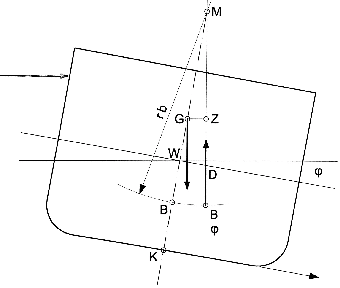Deep Learning Powered Estimate of The Extrinsic Parameters on Unmanned Surface Vehicles
Paper and Code
Jun 07, 2024



Unmanned Surface Vehicles (USVs) are pivotal in marine exploration, but their sensors' accuracy is compromised by the dynamic marine environment. Traditional calibration methods fall short in these conditions. This paper introduces a deep learning architecture that predicts changes in the USV's dynamic metacenter and refines sensors' extrinsic parameters in real time using a Time-Sequence General Regression Neural Network (GRNN) with Euler angles as input. Simulation data from Unity3D ensures robust training and testing. Experimental results show that the Time-Sequence GRNN achieves the lowest mean squared error (MSE) loss, outperforming traditional neural networks. This method significantly enhances sensor calibration for USVs, promising improved data accuracy in challenging maritime conditions. Future work will refine the network and validate results with real-world data.
 Add to Chrome
Add to Chrome Add to Firefox
Add to Firefox Add to Edge
Add to Edge